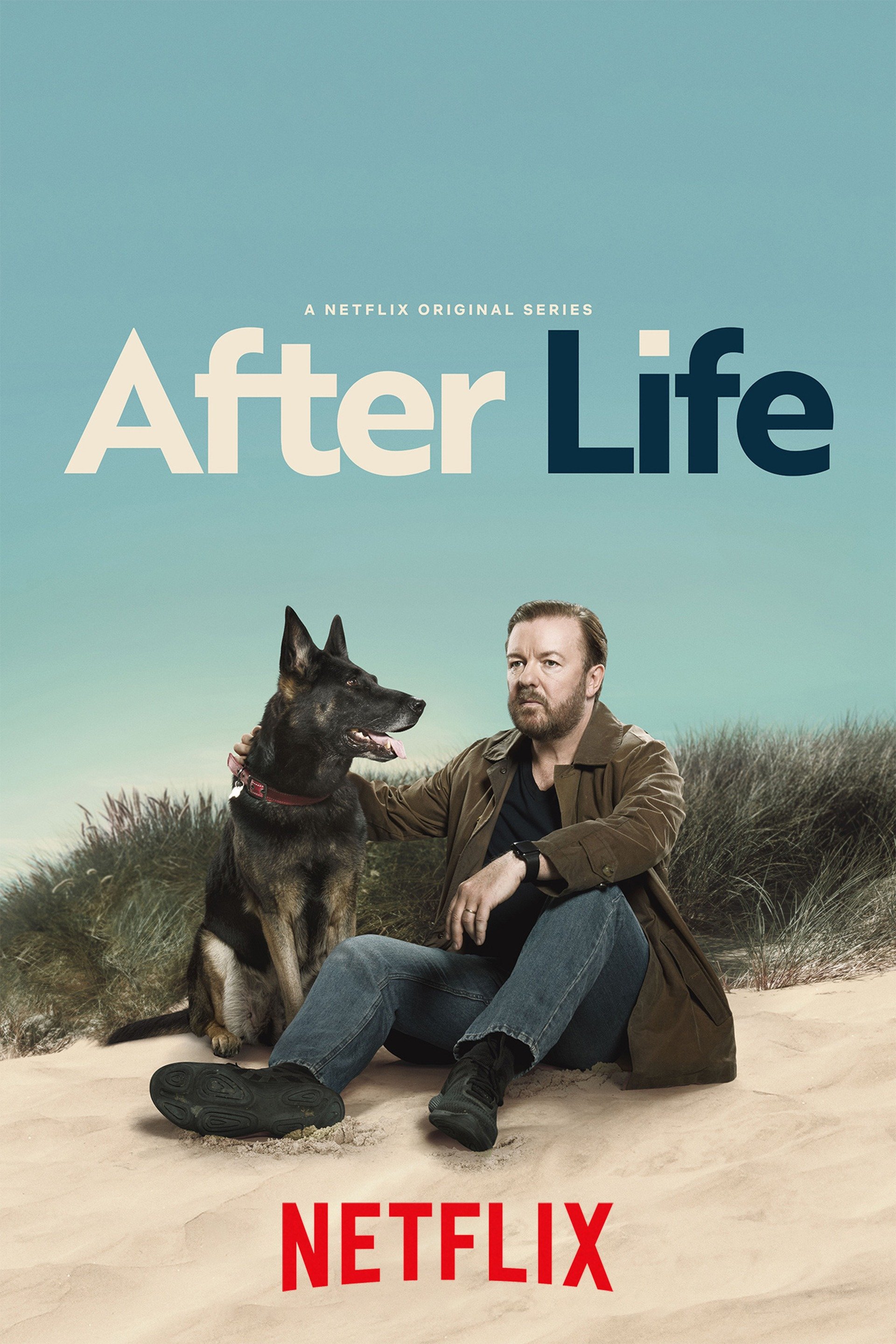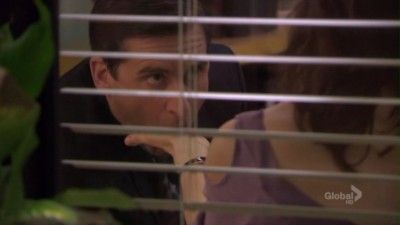

The general premise of the episode is that Dunder Mifflin has to slash health care benefits, and Michael, not wanting to shoulder the responsibility for it, pawns the task off onto Dwight. The third episode of the season was written by Paul Lieberstein, who also played Toby Flenderson on the show. Jenna Fischer and Angela Kinsey, on their new podcast, definitely agree. Germany is also debating a mandatory vaccine for people working in certain fields such as care homes and hospitals."Health Care" probably deserves a higher spot on this ranking because, as far as episodes from the first season of the show go, it is definitely one of the best. There has been much focus in Germany in recent days on neighbouring Denmark, which had announced its pandemic was over last month but which has reintroduced restrictions this week over a rise in cases, and on Austria, which has managed to considerably boost the number of people willing to receive a vaccine by introducing strict so-called 2G rules, meaning that only those who are vaccinated or recovered can take part in many activities such as visiting cinemas or hairdressers. “We are in an emergency situation.” He said the most effective way of ending the pandemic was for the entire population to have received three vaccination shots, though he admitted it was an unrealistic prospect. “When people change their behaviour and take the threat more seriously, that has an effect,” he said. Previous waves, Drosten said, had shown that the only way to lower the incidence rate was a change in the behaviour of the entire population.

The tests are viewed as an emergency brake, to break the wave, but there is no way they will do that.”

“We need to be able to control infection activity again, and testing is not an adequate way of doing that. The virologist Christian Drosten, a leading German voice throughout the pandemic, warned in his regular podcast on coronavirus on Tuesday, in an episode titled SOS – Iceberg Ahead, that Germany faced an escalation that would be hard to control and lead to tens of thousands of additional deaths if authorities did not reintroduce tighter measures, including contact restrictions. They normally open from mid- to late November until just before Christmas. Typically they attract more than 150 million visitors a year, including many tourists from abroad, and generate about €3bn (£2.6bn) in revenue annually. Germany’s Weihnachtsmärkte do not only contribute to the seasonal spirit – offering families and parties of office workers up and down the country the chance to get into the festive mood with everything from Glühwein and roast chestnuts to a range of arts and crafts and fairground amusements – they are also huge business. “Everything is so spread out that it is not necessary to carry out controls, whether of tests or vaccine passports.” “At 500 metres long, our market has the longest promenade of any in Germany, and we will open,” he told German media. Holger Zastrow, the head of the Augustustmarkt in Dresden, due to open on 24 November, said he remained optimistic it would go ahead. Other cities such as Dortmund have cancelled their Christmas lights ceremonies, arguing that health and safety regulations had made events too costly to hold. Nuremberg, one of the country’s most popular markets, is due to go ahead but its opening ceremony will only take place online. The Charlottenburg Palace market in Berlin in 2019. The market’s Tommy Erbe told German media: “Once again, politics has failed to create clear and real conditions for organisers in time.” Organisers and health authorities have issued appeals for visitors to use common sense, keep their distance from other market-goers and to wear masks.īut now authorities from Bavaria in the south to Saxony and Thuringia in the east have begun announcing the cancellation of many scheduled markets, saying a rising infection rate means it would be irresponsible for them to go ahead.īerlin’s Charlottenburg Palace market was cancelled after its operator said enforcing mask-wearing, as well as an alcohol ban in place owing to its location in a public park under the German capital’s infection protection law, made the event impossible to hold. Market stalls are to be erected with more distance between them, and the numbers allowed in are to be restricted. Tighter controls had been announced to allow Christmas markets to go ahead, with organisers expected to monitor visitors’ entry in some cases by putting fencing around venues, and with many markets due to insist on vaccine certificates or proof of recovery from coronavirus.


 0 kommentar(er)
0 kommentar(er)
